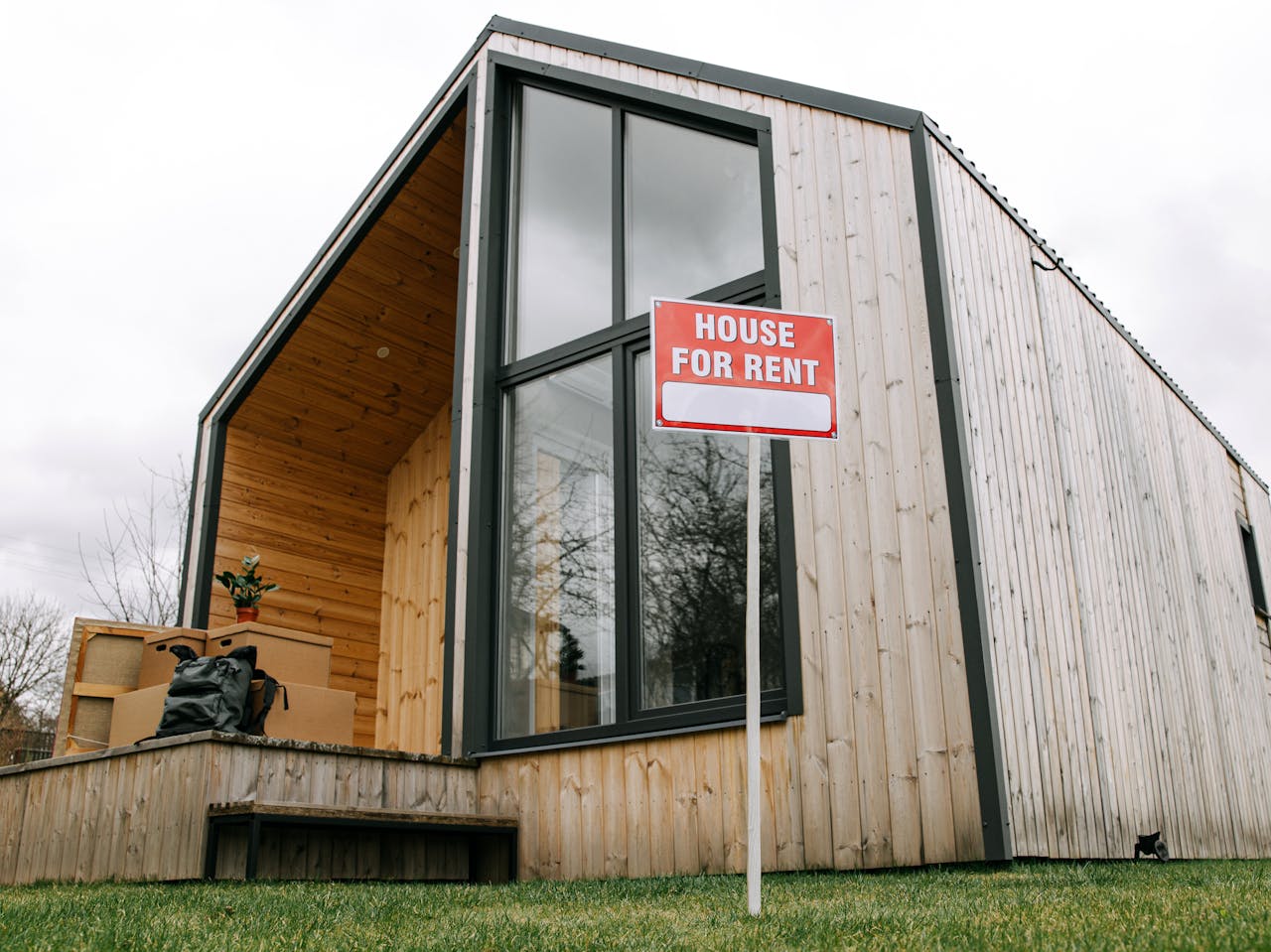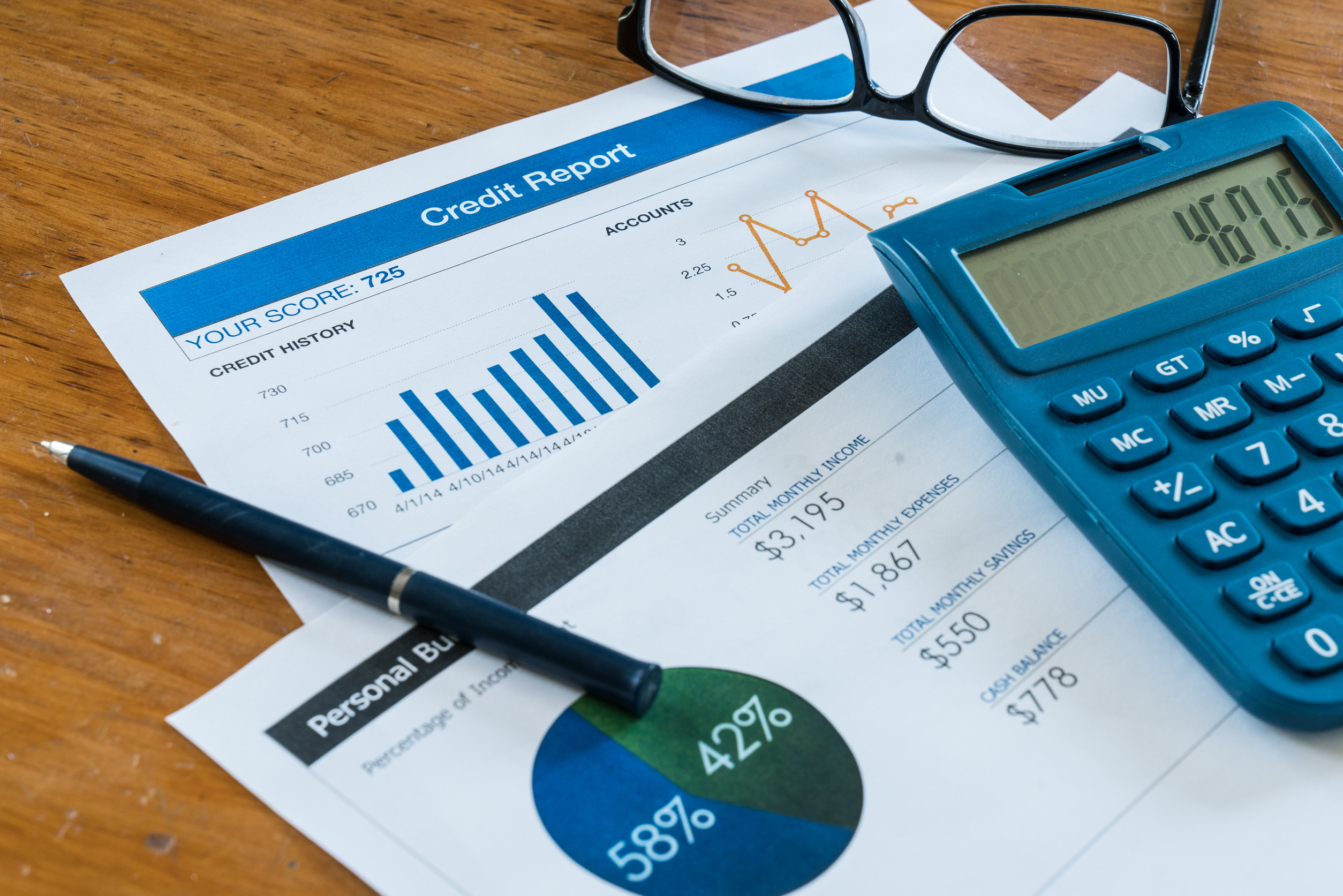
Rent caps, also called rent control, are government-mandated limits on how much a landlord can charge for rent. These laws can either set a maximum amount that can be charged or how much rent can be increased over time. Rent control laws are supposed to keep housing affordable, but some landlords have found clever ways to get around these restrictions. Not all states have these laws, but states like New Jersey, California, and New York do.
Rent control aims to make housing more affordable and equitable for tenants. However, some landlords try to get around these laws. While not always illegal, these tactics can leave tenants surprised with sudden increases or unexpected costs. Here are eight little-known methods landlords are still using to bypass rent caps.
1. Renoviction Tactics
Some landlords claim major renovations are needed. They then use that as a legal reason to evict tenants. Once the unit is vacant, they can increase the rent far beyond what the previous tenant was paying. This skirts rent cap laws and helps the landlord to profit more.
2. Reclassifying the Unit
Landlords may attempt to reclassify a unit from residential to commercial. They may even convert it into a short-term rental like an Airbnb. While not subject to the same rent caps, short-term rentals have their own zoning and insurance requirements. Reclassifying the property lets landlords sidestep local rent control rules entirely.
3. Charging New Fees
Rent might be capped, but parking, storage, pet fees, or amenities charges often aren’t. By adding or increasing these side fees, landlords can boost their income without technically raising the rent. If you see new fees being charged on your rent, you should question them. If you suspect that you are being unfairly charged, you can always file a complaint with the Better Business Bureau or the Consumer Financial Protection Agency.
4. Leasing to a New Tenant at a Higher Rate
In some cities, rent caps only apply to existing tenants. Once someone moves out, landlords can reset the rent to whatever the market allows. Sometimes this can be double or triple the previous rate. If the rental is in a high-demand area, the market dictates the price.
5. Offering Discounted Rent, First, Then Removing It
A landlord might initially offer a “move-in special” or temporary discount. Later, when the discount expires, the rent jumps dramatically. Legally, it’s not an increase, just the end of a promotion. This way, over time, the landlord is able to charge more for the lease.
6. Owner Move-Ins
Some landlords claim they or a relative needs to move into the unit. Once the tenant is gone, they either don’t move in at all or stay briefly before relisting at a much higher rent. These owner move-in evictions are usually completely legal. But they do vary by state.
7. Creating New Lease Agreements
Instead of renewing leases, landlords might ask tenants to sign entirely new ones with updated terms. These new leases may include higher base rent or added fees. This bypasses renewal protections tied to rent control. If a landlord asks you to sign a new lease, always read the fine print; you may be paying significantly more money.
8. Pressuring Tenants to Leave Voluntarily
Some landlords make living conditions unpleasant, delay repairs, or offer buyouts to push tenants to leave. Once they do, the landlord raises the rent for the next tenant. As a renter, always know your rights. This includes what your landlord is required to fix, your right to safety, and so forth.
Understanding How Rent Caps Affect You
While rent caps aim to protect tenants, they often come with loopholes. Tenants should read leases carefully, document communication, and know their rights under local law. Landlords may find ways around rent caps, but that doesn’t mean tenants are powerless.
Read More
The Benefits of Putting Money Away for Potential Medical Expenses
10 Disturbing Patterns Linked to Sudden, Unplanned Relocations

Teri Monroe started her career in communications working for local government and nonprofits. Today, she is a freelance finance and lifestyle writer and small business owner. In her spare time, she loves golfing with her husband, taking her dog Milo on long walks, and playing pickleball with friends.


